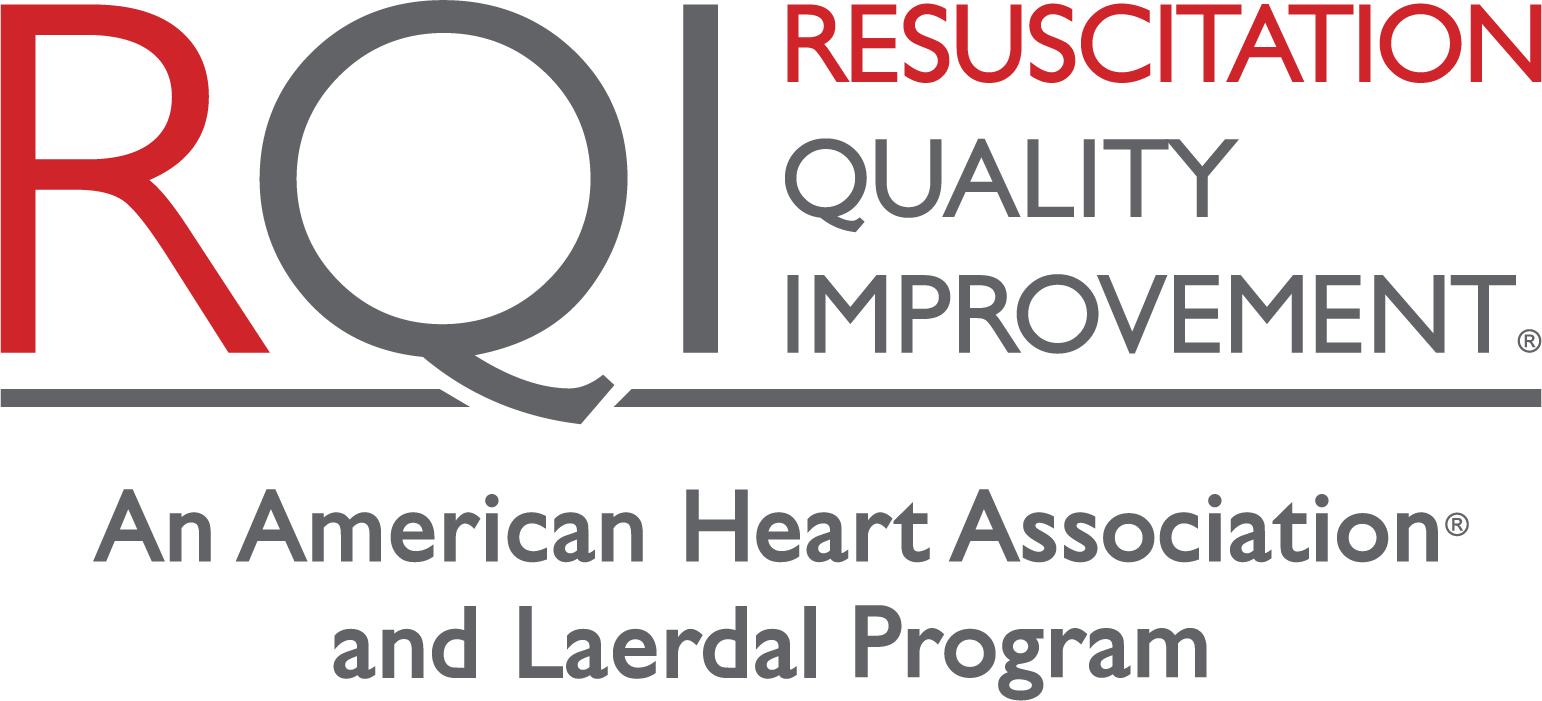Jiang, H. et al. PeerJ. 2022
Importance of Conclusion
Globally, there is an increasing need to improve survival after cardiac arrest, with the survival rate of OHCA in China being less than 1% compared to 12% in the USA and the Chinese Medical Association Science Popularization Branch emphasizing that in-hospital providers do not benefit enough from a conventional 2-year course. Chinese national consensus suggests implementing high-frequency training for reducing skills decay for healthcare providers. This study sought to determine the effectiveness of the RQI program in China for both novice and experienced providers.
Key Points
- Post the RQI training, both novice and experienced provider groups achieved qualified CPR performance (score of 75% or more) for compressions and ventilation, per American Heart Association guidelines.
- Both groups demonstrated significant improvement of compression and ventilation skills when compared to their baseline performance prior to RQI training.
- Experienced providers that had received BLS training in the past required fewer attempts to pass CPR skills with RQI training, showing a a faster re-mastery of CPR skills during retraining, reducing the total time spent. This result could be a rational explanation for using the RQI program among populations with previous conventional instructor-led training.
- Congruent with USA studies, all participants demonstrated high satisfaction with the RQI program, including highest satisfaction levels with the simulation station (89.3% strongly agreed) and real-time feedback for the novice group (84.8% strongly agreed).
- There was no significant correlation found between the compression and ventilation scores after RQI training and self-confidence score. Meaning, with results found in this study, even with experienced providers there is a need for the use of real-time feedback in CPR training.
- In conclusion, the RQI program can provide excellent CPR skills performance for all and enhance efficiency with less time consumption for experienced providers, which might be an option for the broad prevalence of BLS training in China.
Read the article
